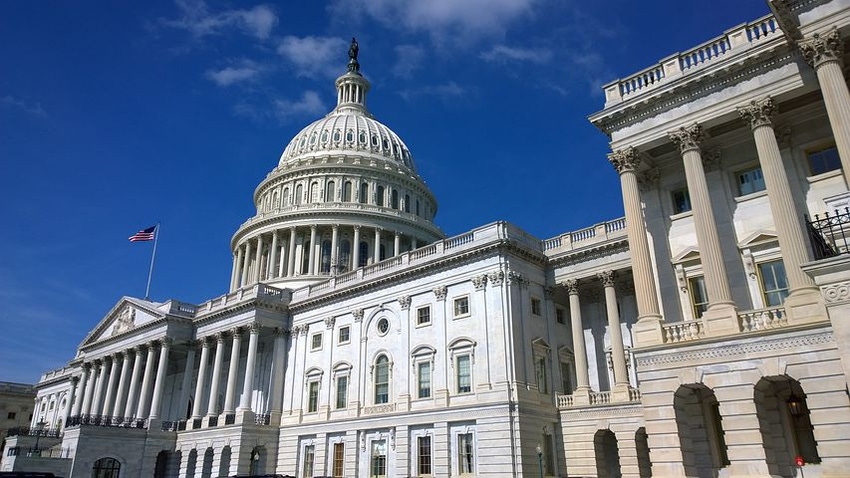The bill, which has been largely viewed as a positive for the industry, now moves to the White House to be signed into law.
August 3, 2017

AdvaMed is one step away from being able to check off its second highest priority as an advocate for the medical device industry. The Senate passed legislation to reauthorize the Medical Device User Fee Act (MDUFA) by a vote of 94-1. The bill now moves to the White House to be signed into law.
Nadim Yared, chairman of AdvaMed, told reporters earlier this year that reauthorization of the MDUFA is the organization's second highest priority. The top priority, of course, is to see to it that the medical device tax is permanently repealed.
The new MDUFA package that the medical device industry and FDA negotiated is largely viewed as a way to expedite FDA review of new devices. Thousands of FDA jobs also depend on the bill.
FDA commissioner Scott Gottlieb reportedly told agency staff earlier this week in an email that he will delay issuing layoff notices until after Sept. 30, which is when the current user fee agreements expire. Previously, the agency indicated it could issue layoff notices by Aug. 1 to thousands of staffers whose positions are funded by user fees.
"The robust FDA performance goals, process improvements, increased accountability, and additional resources provided for under the new user fee agreement represent a victory for the agency, innovation, and, most importantly, patients," said AdvaMed CEO Scott Whitaker. "The bill also includes pro-innovation provisions to improve the FDA inspections process and streamline device accessory classification."
Other medtech advocacy groups joined AdvaMed in praising the Senate for passing the bill, which builds on the 2012 user fee agreement between FDA and the industry.
"The Senate passage of MDUFA is another critical step towards a victory for patients, the industry, and the agency, said Joe Robinson, chairman of the Medical Imaging & Technology Alliance board. He said the bill represents a bipartisan effort of the House and Senate to clear regulatory hurdles that hinder medical innovation and ensure patient access to life-saving technology.
"The legislation clarifies FDA's authority to continue to consider and clear new indications for imaging device manufacturers while providing contrast agent manufacturers with incentives to update contrast agent labels for products that have previously been approved, which will help spur cutting-edge innovation for patients," Robinson said.
The legislation also calls for FDA to produce a report on the quality and safety of devices with respect to servicing within 270 days of enactment, Robinson noted. Currently, only medical device service activities performed by a manufacturer are regulated by FDA. If a device fails to perform in a safe and effective manner due to improper servicing by an unregulated third party, it could potentially put the patient at risk for injury or result in low image quality, according to the MITA.
The latest MDUFA agreement includes process improvements aimed at making the premarket review process more predictable, consistent, transparent, and timely. MITA noted that the new agreement also establishes a conformity assessment program for accredited testing laboratories that evaluate medical devices according to FDA-recognized standards.
About the Author(s)
You May Also Like




